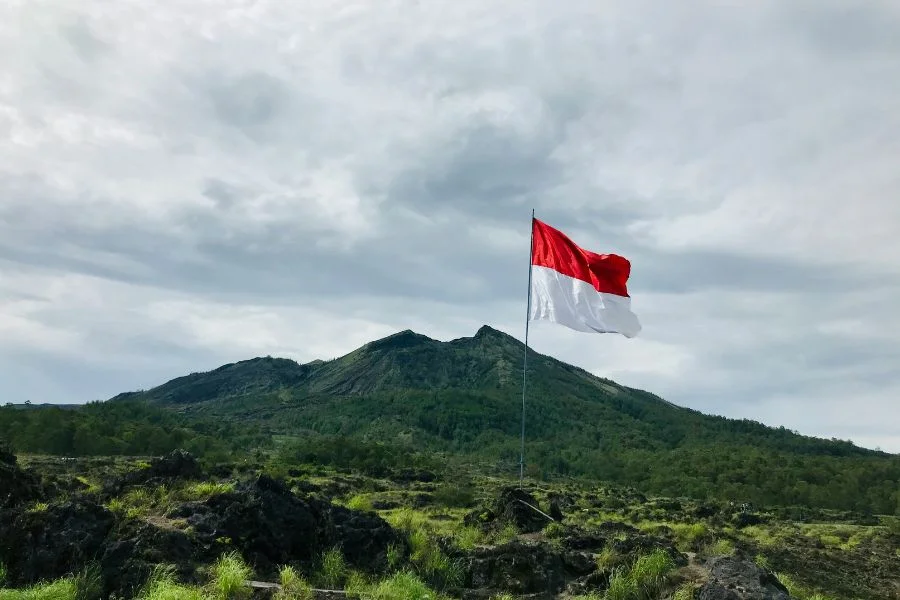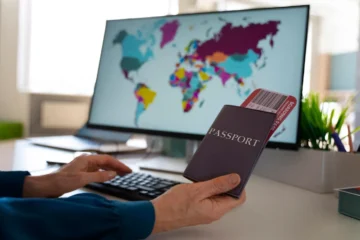Indonesia, with its thousands of islands, cultural diversity, and growing economy, has become an attractive destination for expatriates, retirees, and investors seeking a long-term base in Southeast Asia. For those who wish to stay beyond the scope of short-term visas, permanent residency offers a pathway to stability and legal security. In this guide, we will explore how foreigners can transition from temporary residence permits to long-term stay in Indonesia, covering the eligibility requirements, application steps, and benefits of obtaining permanent residency.
Key Takeaways
Understanding Permanent Residency in Indonesia
Permanent residency in Indonesia is not defined in the same way as in some Western countries, but it exists in the form of the KITAP (Kartu Izin Tinggal Tetap), also known as the Permanent Stay Permit. This document allows foreigners to live in Indonesia for an extended period with fewer renewal obligations compared to the temporary residence permit, known as the KITAS.
The KITAP is typically issued to foreigners who have already lived in Indonesia on a KITAS for several years and who meet specific categories, such as investors, retirees, employees, or family members of Indonesian citizens.
Also Read: How to Get Permanent Residency in Austria
Eligibility for Indonesian Permanent Residency
The eligibility for a KITAP depends on the applicant’s situation. The most common categories include:
- Spouses of Indonesian citizens who have held a temporary residence permit for at least two years.
- Foreign investors, directors, or commissioners of Indonesian companies typically hold a KITAS for three to four years.
- Retirees over the age of 55 who have entered Indonesia on a retirement visa and meet financial requirements.
- Employees with long-term contracts who have held a KITAS and continued employment for several years.
In general, applicants must first establish themselves in Indonesia with a KITAS before becoming eligible for the KITAP.
The Application Process
The application for a KITAP is managed by the Directorate General of Immigration, under the Ministry of Law and Human Rights. The process begins with converting a valid KITAS into a KITAP.
Applicants need to provide several documents, including:
- A valid passport with sufficient validity.
- Proof of continuous residence in Indonesia.
- Relevant supporting documents, depending on the category, such as a marriage certificate for spouses or proof of investment for business applicants.
- A recommendation letter from the sponsoring entity, which could be a spouse, employer, or company.

Once submitted, the application undergoes review, and if approved, the KITAP is issued. The permit is valid for five years and can be renewed indefinitely. After holding a KITAP for a continuous period, foreigners may even be eligible to apply for Indonesian citizenship, although this step is more restrictive and not common for most expatriates.
Financial and Integration Requirements
Indonesia does not impose a formal language or cultural integration test for permanent residency, but financial stability is important. Retirees, for example, must show proof of regular income or pension, usually around USD 1,500 per month, along with health insurance. Investors and company directors must meet minimum investment thresholds as defined by Indonesian regulations, which can change over time.
Common Mistakes to Avoid
Foreigners applying for the KITAP often face setbacks due to common errors. Some of these include:
- Allowing their KITAS to lapse before beginning the conversion process.
- Failing to provide a valid sponsor, as sponsorship is required in almost all categories.
- Submitting incomplete documentation, particularly for marriage-based applications.
- Misunderstanding the difference between retirement visas, work permits, and investment routes.
Avoiding these mistakes ensures smoother processing and reduces the risk of rejection or delays.
Also Read: How to Get Permanent Residency in Mexico
Benefits of Indonesian Permanent Residency
The KITAP provides significant advantages compared to the KITAS. Holders enjoy:
- The right to reside in Indonesia with fewer renewal requirements.
- Permission to work, invest, or run a business, depending on the category of sponsorship.
- Easier access to local services, including banking and property leases.
- The ability to sponsor immediate family members for residence.
- Greater security and stability compared to those relying on short-term visas.
For many expatriates, the KITAP represents a sense of belonging and permanence in Indonesia.
Transition to Citizenship
While holding a KITAP is the closest form of permanent residency in Indonesia, it also opens the door to citizenship in some cases. Foreigners who have lived in Indonesia for a continuous period, often five years on a KITAP or ten years overall, may be eligible to apply for citizenship through naturalisation. However, this process is selective, requires renouncing prior citizenship, and involves demonstrating integration into Indonesian society. For most, permanent residency through the KITAP is the preferred long-term solution.
Final Thoughts
In this guide, we have explored the process of obtaining permanent residency in Indonesia, focusing on the KITAP as the primary permit. From eligibility categories for spouses, retirees, and investors to the application process and benefits, it is clear that Indonesia offers opportunities for those who wish to make it their home. While the requirements are specific and sponsorship is key, careful planning can lead to a secure and stable life in this diverse and dynamic country. For anyone seeking a long-term future in Southeast Asia, permanent residency in Indonesia represents both an opportunity and a commitment worth considering.
Reference: https://www.cekindo.com/blog/become-permanent-resident-indonesia





